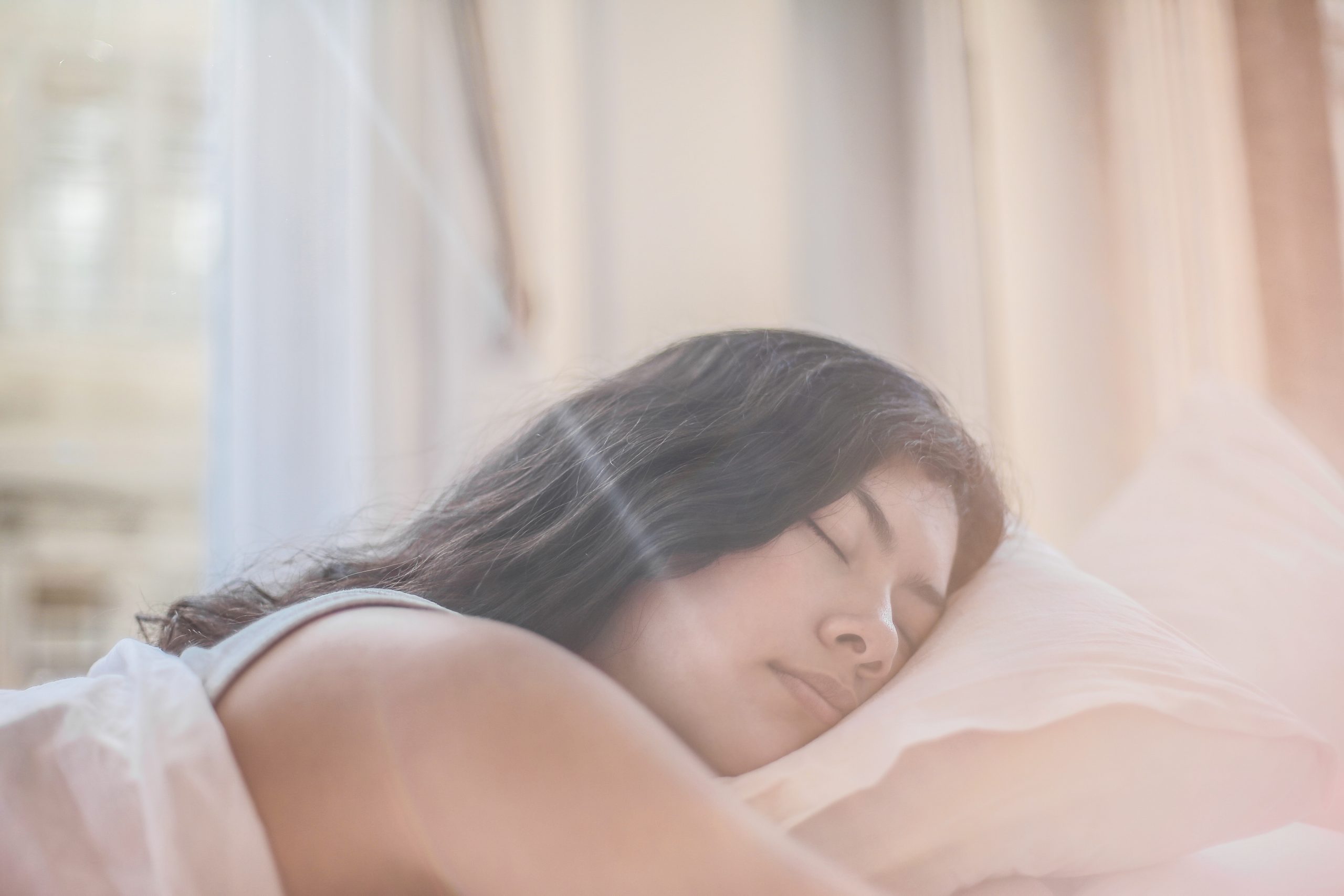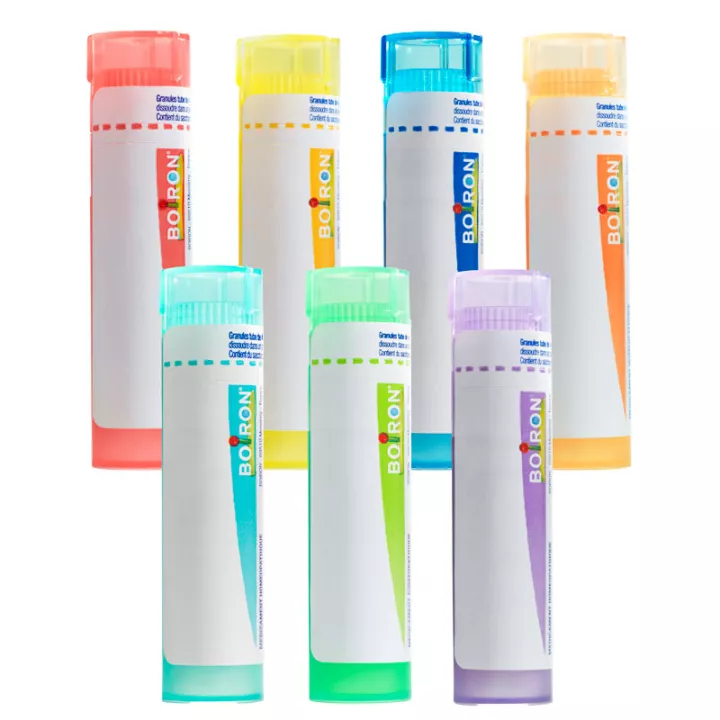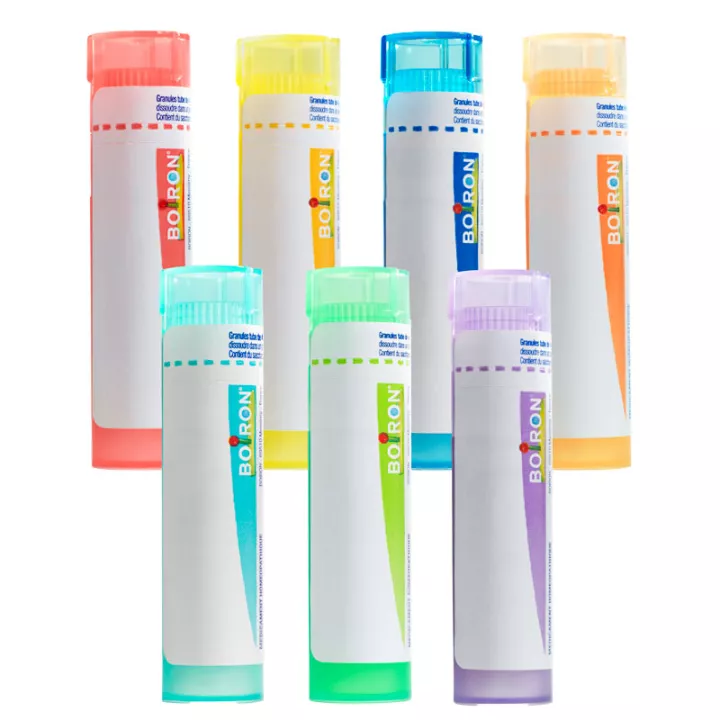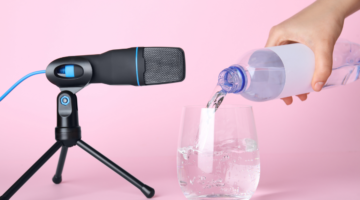NOTICE
ANSM - Updated: 29/08/2017
Name of the drug
DOXYLAMINE EG LABO 15 mg, scored film-coated tablet
doxylamine
framed
You should always take this medicine exactly as described in this leaflet or by your doctor or pharmacist.
· Keep this leaflet. You might need to read it again.
· Talk to your pharmacist for any advice or information.
· If you get any side effects, talk to your doctor or pharmacist. This also applies to any undesirable effect that is not mentioned in this leaflet. See section 4.
· You should talk to your doctor if you do not feel better or if you feel worse after 5 days.
What does this booklet contain ?
1. What is DOXYLAMINE EG LABO 15 mg film-coated tablet scored and in what cases is it used?
2. What you need to know before taking DOXYLAMINE EG LABO 15 mg film-coated tablet scored?
3. How to take DOXYLAMINE EG LABO 15 mg film-coated tablet scored?
4. What are the possible side effects?
5. How to store DOXYLAMINE EG LABO 15 mg film-coated tablet scored?
6. Contents of the package and other information.
1. WHAT DOXYLAMINE EG LABO 15 mg, scored film-coated tablet AND WHAT IT IS USED FOR
Pharmacotherapeutic group - ATC code: R06AA09
This medicine is recommended in occasional insomnia in adults.
2. BEFORE YOU TAKE DOXYLAMINE EG LABO 15 mg film-coated tablets scored?
Do not take DOXYLAMINE EG LABO 15 mg film-coated tablets
· if you are allergic (hypersensitive) to the antihistamines, the active substance or any of the other ingredients of this medicine, listed in section 6;
· if you have a history of acute glaucoma (increased pressure inside the eye)
· if you have difficulty urinating in humans (of prostatic origin or other);
· if you are a child under 15 years old.
IN CASE OF DOUBT, IT IS ESSENTIAL TO ASK THE ADVICE OF YOUR DOCTOR OR
FROM YOUR PHARMACIST .
Warnings and precautions
Talk to your doctor or pharmacist before taking DOXYLAMINE EG LABO .
Insomnia can have various causes that do not necessarily require taking a drug.
This drug should be used with caution in the elderly, because of the risk of cognitive impairment, drowsiness, slow reactivity, and / or dizziness / dizziness that may cause falls (eg night-time ), with often serious consequences in this population.
Doxylamine succinate, like any hypnotic or sedative, is likely to aggravate a pre-existing sleep apnea syndrome (breathing pauses during sleep).
The use of this drug is not recommended in patients with galactose intolerance, Lapp lactase deficiency or glucose or galactose malabsorption syndrome (rare hereditary diseases).
The intake of alcohol is formally discouraged during the course of treatment.
Tell your doctor if you are pregnant.
If you have long-term liver or kidney disease, CHECK YOUR DOCTOR so that he can adjust the dosage.
IN CASE OF DOUBT, IT IS ESSENTIAL TO ASK THE ADVICE OF YOUR DOCTOR OR PHARMACIST.
Children
Not applicable.
Other medicines and DOXYLAMINE EG LABO 15 mg film-coated tablets
Tell your doctor or pharmacist if you are taking, have recently taken or might take any other medicines.
This medicine contains an antihistamine, doxylamine.
Other medicines contain it. Do not combine them so as not to exceed the maximum recommended dose (see Posology, Mode and / or Route (s) of Administration, Frequency of Administration and Duration of Treatment).
This medicine should be avoided in combination with sodium oxybate.
TO AVOID POSSIBLE INTERACTIONS BETWEEN SEVERAL MEDICINES, YOU MUST SIGNALLY REPORT ANY OTHER TREATMENT IN PROGRESS TO YOUR DOCTOR OR PHARMACIST.
DOXYLAMINE EG LABO 15 mg film-coated tablets scored with <,>
Not applicable.
Pregnancy <,> breastfeeding
Pregnancy
This medicine, under normal conditions of use, can be used during pregnancy. However, always seek the advice of your doctor before using it and never exceed the recommended dose.
feeding
The passage of this medicine in breast milk is possible. Given its sedative or otherwise exciting properties that could affect your child (lethargy, decreased tone, or insomnia contrary), this drug is not recommended in case of breastfeeding.
If you are pregnant or breast-feeding, think you may be pregnant or are planning to have a baby, ask your doctor or pharmacist for advice before taking this medicine.
Driving and using machines
Attention is drawn to daytime sleepiness and decreased alertness to the use of this medication.
The combination with other sedative drugs, with sodium oxybate, and of course with alcohol or drugs containing alcohol, is not recommended for driving or using machines.
If sleep time is insufficient, the risk of decreased alertness is further increased.
DOXYLAMINE EG LABO 15 mg, scored film-coated tablet contains lactose.
If you have been told by your doctor that you have an intolerance to some sugars, contact your doctor before taking this medicine.
3. HOW TO TAKE DOXYLAMINE EG LABO 15 mg film-coated tablets scored?
Always take this medicine exactly as your doctor or pharmacist has told you. Check with your doctor or pharmacist if in doubt.
Dosage
RESERVED FOR THE ADULT.
The recommended dosage is ½ to 1 tablet per day in adults.
In adults, the dosage can be increased to 2 tablets per day if necessary.
In the elderly, renal or hepatic impairment, the lowest dosage is recommended.
Method and route of administration
Oral way.
Swallow the tablet with a little water.
Frequency and timing at which the drug is to be administered
Only once a day, in the evening, 15 to 30 minutes before bedtime.
Duration of treatment
The duration of treatment is 2 to 5 days.
Do not exceed 5 days of treatment without the advice of your doctor.
If you take more DOXYLAMINE EG LABO 15 mg film-coated tablet scored than you should
Immediately consult your doctor or pharmacist.
If you forget to take DOXYLAMINE EG LABO 15 mg, scored film-coated tablet
Do not take a double dose to make up for the dose you forgot to take.
Take the next dose at the usual time.
If you stop taking DOXYLAMINE EG LABO 15 mg, scored film-coated tablet
Not applicable.
4. WHAT ARE THE POSSIBLE SIDE EFFECTS?
Like all medicines, this medicine can cause side effects, although not everybody gets them.
· daytime sleepiness;
· constipation;
· urinary retention ;
· dry mouth;
· confusion ;
· rhabdomyolysis (severe damage to the muscles);
· increased blood creatine phosphokinase (CPK);
· visual disturbances (accommodation disturbances, blurred vision, hallucinations, visual impairment);
· heart palpitations.
In addition, first-generation H1 antihistamines are known to cause sedation, cognitive impairment, and psychomotor performance disorders.
Reporting of side effects
If you get any side effects, talk to your doctor or pharmacist. This also applies to any undesirable effect that is not mentioned in this leaflet. You can also report side effects directly via the national reporting system: National Agency for the Safety of Medicines and Health Products (ANSM) and the network of Regional Pharmacovigilance Centers - Website: www.ansm.sante.fr
By reporting side effects, you can help provide more information about the safety of the medicine.
5. HOW TO STORE DOXYLAMINE EG LABO 15 mg film-coated tablets scored?
Keep this medicine out of the sight and reach of children.
Do not use this medicine after the expiry date which is stated on the carton or tube. The expiry date refers to the last day of this month.
Do not dispose of any medication in the sewage system or in the household garbage. Ask your pharmacist to eliminate medications that you no longer use. These measures will help protect the environment.
6. CONTENTS OF PACKAGING AND OTHER INFORMATION
What DOXYLAMINE EG LABO contains 15 mg, scored film-coated tablet
· The active substance is:
Doxylamine Hydrogensuccinate ............................................... .............................. 15.00 mg
For a scored film-coated tablet
· The other excipient components are:
Core :
Lactose monohydrate, microcrystalline cellulose, croscarmellose sodium, magnesium stearate.
Pelting:
Hypromellose (E464), talc, titanium dioxide (E171), macrogol 6000, propylene glycol.
What DOXYLAMINE EG LABO 15 mg film-coated tablet scored and contents of the pack
Marketing Authorization Holder
EG LAB - LABORATORIES EUROGENERICS
THE QUINTET, BUILDING A
12 DANJOU STREET
92517 BOULOGNE BILLANCOURT CEDEX
Operator of the marketing authorization
EG LAB - LABORATORIES EUROGENERICS
THE QUINTET, BUILDING A
12 DANJOU STREET
92517 BOULOGNE BILLANCOURT CEDEX
Maker
BTT LABORATORIES
ZI DE KRAFFT
67150 ERSTEIN
Names of the drug in the member states of the European Economic Area
Not applicable.
The last date this leaflet was revised is:
[to be completed later by the holder]
<{MM / YYYY}> <{YYYY month}.>
Other
The ANSM will reevaluate every year any new information on this medication and if necessary this leaflet will be updated.











